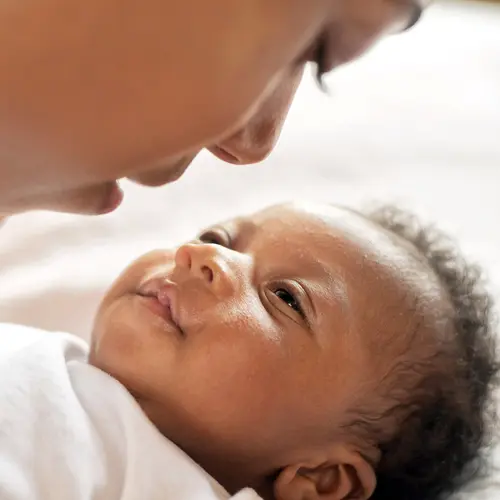Parents love to see their baby's first tooth. Primary teeth start to come out when babies are about 6 to 10 months old. This event may be exciting for you as a parent, but your baby will likely feel teething pain. As a result, they become fussy, cranky, and irritable.
Some babies also begin to drool more and chew on different things. Others might get swollen gums that put them in discomfort. The teething phase is painful for most babies as the signs of discomfort come and go. Teething pain affects even the happiest babies. So, you should take measures to soothe your baby's teething pain.
Teething toys are the perfect way to bring comfort to your baby's life. Teething toys can also offer distraction from the pain. However, it's recommended to consult your doctor before trying any remedies.
Are Teething Toys Helpful?
Teething toys are safe pain relievers for babies when their teeth begin to develop. Teething babies have the urge to put pressure on the gums where the tooth is emerging from. Chewing on a teething toy soothes sore gums.
Remember to buy a teether made of soft silicone, rubber, or wood. You can also chill your teething toy in the refrigerator before giving it to your baby for additional pain relief. However, don't put it in the freezer, or else it will be too hard for your baby to chew and damage their gums.
Tips for Using Baby Teething Toys
If you have just bought a toy for your baby's teeth, you need to ensure a few things before giving them the teether.
Here are a few tips to consider:
- Search for teethers with solid components as loose pieces usually break off. Your baby will swallow these pieces and may choke.
- Some teething toys have liquid or gels in them. Try to avoid such teethers as your baby can chew holes into them easily.
- Never pin or clip a teether around your baby's neck and clothes. Since your baby is always playing and moving, the toy can tangle around their neck and make them choke.
What Are the Risks of Using Teething Toys?
Baby toys can get wet anytime. When the moisture stays for an extended period, it can result in health risks, such as mold development. Molds are not a pleasing sight for both the baby and the parent, but they don't have severe health dangers.
Mold in small traces is usually harmless. It is present in our environment naturally, so your baby is ingesting it one way or another. If your baby chews on a mold-affected teether, the immune system can fight it off easily.
However, your baby's health may become worrisome if your child has allergies or any underlying immune system issues. Babies with a mold allergy experience symptoms like coughing and irritating eyes. If your child is already taking medications, undergoing chemotherapy, or has had an organ transplant, they may show a severe reaction to the mold. Such children can develop infections.
Keep an eye on your infant. Always seek medical help as soon as you observe any change in their behavior.
How Do You Clean Teething Toys for Babies?
You can easily clean and sanitize your baby's teether. While cleaning the toy, make sure you're not allowing more moisture to come in contact with the toy.
Take a clean cloth and soak it in warm soapy water or a diluted bleach mixture. Then, wipe the toy carefully, avoiding any holes in the toy that could allow the moisture to get in and result in mold development.
It's better to avoid using a teething toy previously used by another child. Replace old teethers with new ones rather than passing them down.
Some baby teethers also come with special cleaning instructions. So, always go through the entire list no matter how long it is.
What are Other Methods for Teething Pain Relief?
There are many safe and effective ways to relieve your baby's tooth pain. You can try different methods to see which one your baby likes best.
Aside from teething toys, other methods include:
- Give your child a cold, wet, and clean cloth to chew
- Provide semi-frozen foods or soft fruits if they are old enough to eat solids
- Offer teething biscuits if they are between 8 to 12 months
The teething phase is naturally painful for all babies. All your teething baby needs is a gentle massage on their gums or something safe to chew on.
If you feel that nothing is working for your baby's teething pain relief, consult your doctor as soon as possible for a pain-relieving medicine.


